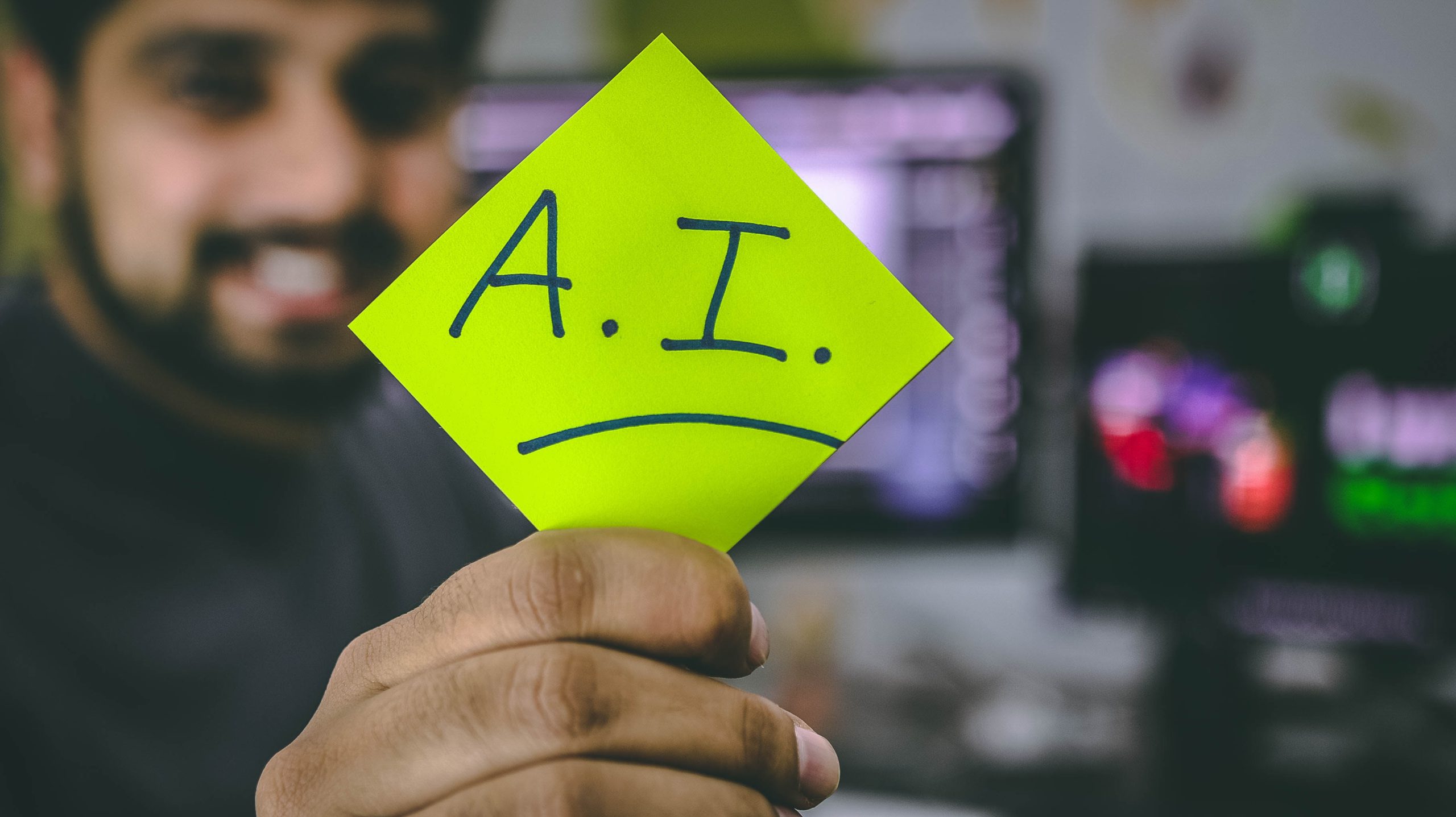Key Takeaways
- Artificial Intelligence (AI) has the potential to revolutionize various aspects of society, from healthcare and education to transportation and communication.
- AI can enhance productivity and efficiency in industries, leading to economic growth and job creation, but it also raises concerns about job displacement.
- Ethical considerations are crucial when developing and deploying AI systems to avoid biases, discrimination, and potential harm to individuals and communities.
- AI’s impact on privacy and data security requires robust regulations and safeguards to protect individuals’ rights and prevent misuse of sensitive information.
- Collaborative efforts between policymakers, researchers, and technology companies are essential to harness AI’s benefits while mitigating its risks.
Introduction
Artificial Intelligence (AI) has emerged as one of the most transformative technologies of the 21st century, significantly impacting various aspects of society. As AI continues to advance, its potential to revolutionize industries, economies, and daily life becomes increasingly apparent. However, with these opportunities come significant challenges and ethical considerations that need to be addressed. This article explores the profound impact of AI on society, delving into its benefits and drawbacks and the steps necessary to navigate this transformative era responsibly.
The AI Revolution in Industries
The integration of AI technologies into various industries has led to a paradigm shift in the way we work and live. AI’s ability to process vast amounts of data and extract valuable insights has enhanced productivity and efficiency across sectors such as healthcare, finance, manufacturing, and transportation. For instance, in the healthcare sector, AI-driven diagnostic tools can analyze medical images and patient data to assist physicians in making more accurate and timely diagnoses. This can potentially improve patient outcomes and reduce medical errors.
Automation and Job Displacement
While AI brings about productivity gains, it also raises concerns about job displacement. Automation, enabled by AI, has the potential to replace certain human tasks and jobs, leading to workforce disruptions. Many routine and repetitive tasks can be efficiently performed by AI systems, affecting industries like manufacturing, customer service, and transportation. As a result, there is a growing need to upskill and reskill the workforce to adapt to the changing job landscape and ensure a smooth transition into AI-augmented workplaces.
AI and Education
AI’s impact on education is multifaceted. On one hand, AI-powered educational tools can personalize learning experiences, adapt to individual student needs, and provide valuable feedback to educators. This can lead to more effective learning outcomes and increased student engagement. On the other hand, concerns exist regarding the reliance on AI for grading and assessment, as it may not fully capture the complexities of human creativity and critical thinking. Striking a balance between AI-driven tools and traditional teaching methods remains a challenge in the education sector.
Ethical Considerations in AI
As AI technologies become more sophisticated and embedded in various aspects of society, ethical considerations become paramount. Ensuring that AI systems are developed and deployed responsibly is crucial to prevent biases, discrimination, and potential harm to individuals and communities. Transparency and accountability are essential aspects of AI ethics, as it enables users to understand how AI algorithms arrive at their decisions and take appropriate action in case of errors or biases.
AI Bias and Fairness
AI systems learn from vast amounts of data, and if that data contains biases, the AI algorithms may perpetuate and amplify these biases. For example, biased data could lead to discriminatory hiring practices, unfair loan approvals, or biased criminal justice decisions. To address this issue, developers must prioritize diverse and inclusive data sets, and implement techniques to detect and mitigate biases within AI systems.
Privacy and Data Security
The proliferation of AI has raised concerns about privacy and data security. AI algorithms rely on massive data sets, often containing sensitive personal information. Protecting individuals’ data rights and preventing unauthorized access to such data is critical. Robust regulations and privacy frameworks are essential to strike a balance between AI’s potential benefits and the risks associated with data misuse or breaches.
AI and the Workforce of the Future
AI’s impact on the job market is a topic of much debate. While concerns exist about job displacement, AI also has the potential to create new job opportunities and transform existing roles. As automation takes over routine tasks, the demand for jobs that require uniquely human skills, such as creativity, emotional intelligence, and complex problem-solving, is likely to rise. Preparing the workforce for these shifts is crucial to harness AI’s potential for economic growth and societal advancement.
Skills Development and Lifelong Learning
To adapt to the evolving job market, individuals will need to embrace lifelong learning and continually update their skills. Governments, educational institutions, and businesses play a vital role in providing accessible and relevant training programs that equip workers with the skills needed to thrive in an AI-driven world. This proactive approach can help reduce unemployment rates and ensure a smoother transition into the AI-powered economy.
Universal Basic Income and Social Safety Nets
As AI-driven automation impacts jobs, some experts propose the idea of Universal Basic Income (UBI) as a way to provide financial support to individuals who may lose their jobs due to technological advancements. UBI could act as a social safety net, ensuring basic financial security for all citizens. However, implementing such a system comes with challenges, including funding, economic implications, and the potential impact on work incentives.
Collaboration and Regulation for Responsible AI
Addressing the challenges and maximizing the benefits of AI requires collaboration between policymakers, researchers, technology companies, and civil society. Working together, these stakeholders can develop and implement regulations, standards, and best practices that ensure AI is developed and deployed responsibly and ethically.
Public-Private Partnerships
Public-private partnerships are essential to drive AI research and development while ensuring that the technology is aligned with societal values and needs. Such collaborations can facilitate knowledge sharing, funding allocation, and the establishment of guidelines to govern the ethical use of AI in various domains.
International Cooperation and AI Governance
AI’s impact is not confined within national borders, making international cooperation critical in addressing global challenges associated with AI. Collaborative efforts between countries can lead to the development of international standards, norms, and regulations for AI governance, data sharing, and privacy protection. This fosters a cohesive approach in leveraging AI for the collective benefit of humanity.
Conclusion
The impact of Artificial Intelligence on society is vast and multifaceted. AI has the potential to revolutionize industries, boost productivity, and drive economic growth. However, it also presents challenges related to job displacement, biases, privacy, and data security. To fully harness AI’s benefits while mitigating its risks, ethical considerations, collaboration, and responsible regulation are essential. By prioritizing transparency, fairness, and inclusivity, we can shape an AI-powered future that benefits all of humanity.









